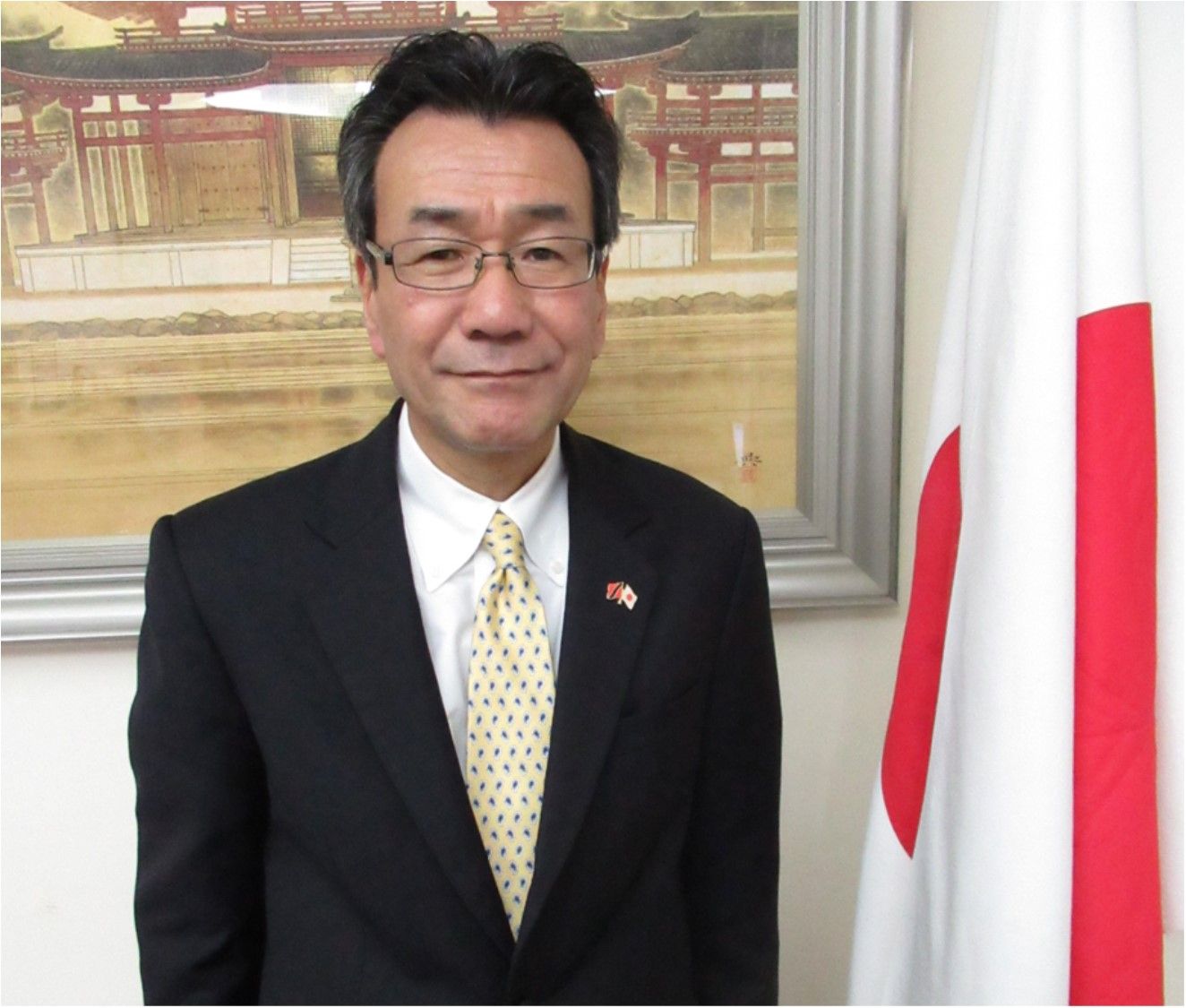Like it did six decades ago when it hosted its first Olympics, Japan had hoped to do the same in 2020 with the staging of the Summer Games—use the global event as a catalyst for a technological and infrastructural revolution in the country.
The 1964 Tokyo Olympics was widely regarded as a watershed moment in Japan’s history. Not only had it emerged from the devastation of World War II less than two decades before, but the Games of the XVIII Olympiad had provided the country with an opportunity to cut a path towards a sustainable future. And that it did.
As Japan built towards the 1964 Games, the country would never be the same again. New housing and hotels were constructed and parks climbed into sky, while citizens began receiving an improved water supply. Its road and rail upgrades would echo into decades to come. “The Bullet Train,” the world’s fastest train at the time, was launched nine days before the Olympics and after the Games, was expanded to other parts of the country.
The 1964 Olympics too, benefitted in unprecedented ways.
It was broadcasted on television to a third of the planet, with some events being shown in colour. The foundation of modern-day Olympic broadcasting was built in Tokyo 1964, with slow-motion replays and athletes’ times being shown on screen for the first time. Many things viewers take for granted today and have come to expect from their broadcast providers were born out of that Olympics in Japan.
Now, 56 years on, Japan is once again expected to lead the world into a new era of digitalisation and the country’s ambassador to T&T, Tatsuo Hirayama, feels the Games can still be a success despite the hiccup of having to postpone it from last year.
During an interview, he told Guardian Media, “The Tokyo 1964 Games completely transformed Japan, enhanced Japanese people’s awareness of the outside world and sparked the rapid growth of Japan’s economy. The 2020 Games will enable Japan, now a mature economy, to promote future changes throughout the world, and leave a positive legacy for future generations.”
Despite growing calls for the Games to be cancelled, even from its own citizens, the Japanese government has held firm on the motto of its bid in 2013 “A Safe Pair of Hands.” Japan’s bid and ultimate award of the Games came at a time of great geopolitical uncertainty.
Ambassador Hirayama further explained, “As a symbol of global unity in overcoming COVID-19 and as a demonstration of Japan’s recovery from the 2011 Great East Japan Earthquake, we are resolved to hold the Olympic and Paralympic Games in a safe and secure manner this summer. This commitment of Japan is supported by G7 and G20 countries.”
Both the Local Organising Committee and International Olympic Committee have accelerated their campaign in recent days to reassure the world, and more so the Japanese population, that the Olympics will be a safe one. The IOC said recently that roughly 75 per cent of prospective Olympic and Paralympic athletes have either had their vaccinations or are scheduled to do so. It predicts that over 80 per cent will be inoculated before the Games begin. Several playbooks have been released by the IOC to guide different facets of the Games, including athletes, competition and media interaction.
The Ambassador also sought to address the safety of the Games, saying, “We are committed to holding the Games in a safe and secure manner. Preparations have been made to ensure the safe organisation of the Games from a scientific and objective viewpoint by deploying all possible COVID-19 countermeasures with advice from WHO and experts.”

